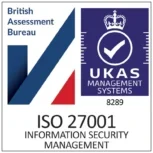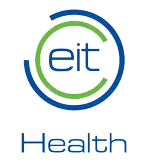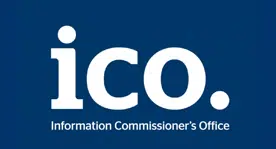Should professionals put their faith in generative AI for ESG challenge resolution?
It's evident that numerous organisations can harness generative artificial intelligence to advance their Environmental, Social, and Governance (ESG) objectives, yet the question remains: how can they develop trust in this emerging technology?
These issues are further complicated by the existence of various corporate reporting frameworks and the prevalent use of Excel for ESG data analysis, as noted by our ESG strategy specialist. Furthermore, artificial intelligence (AI) introduces additional complexities, raising concerns about trust and accuracy as many firms grapple with the quality of ESG-specific data.
The Essence of Trust
Trust is crucial when it comes to AI. It's imperative for humans to feel safe relying on this technology, and establishing proper guidelines and measures to earn this trust is essential, even when all answers are not immediately available. Initiating a foundation for regulation plays a significant role in trust-building, as highlighted by a Legal Tech Lead.
Advises companies to tackle AI concerns related to transparency, bias, and accuracy by:
- Clearly communicating when generative AI is in use, especially when customer interactions are not with humans.
- Ensuring AI is trained on high-quality data to improve accuracy. For instance, discussing how an organisation uses generative AI solutions to leverage the expertise of seasoned ESG reporting professionals, ensuring outputs are as precise as possible.
- Implementing thorough and ongoing testing throughout the technology's lifecycle to eliminate bias.
- Adopting a human-centred approach to better comprehend the social effects of AI use.
- Moreover, experimenting in a secure environment is vital. "The technology's legal, ethical, or proper application cannot be assessed until it's utilised," remarked, noting the theoretical nature of these considerations.
Evaluating AI-Enhanced ESG Solutions
Shared an example questioning the ethics of using generative AI for creating sustainability reports, comparing it to hiring a professional writer for the task. He stressed the need for the involvement of ESG experts from various functions to ensure accuracy. He also highlighted the risk of AI-generated "hallucinations" — presenting unfounded facts as truth. Additionally, it's crucial for an organisation's communications and legal teams to review content and verify compliance with organisational controls before approval.
For organisations, developing their own AI usage ethics and enhancing ESG data quality are starting points. When evaluating technology solutions, critical considerations include data handling and the potential for misuse.
Documenting the evaluation process for AI-powered ESG solutions is essential for governance, focusing on:
- Ensuring the technology serves its intended purpose, without overcomplicating issues. Prioritise the tool's immediate functional needs.
- Understanding the system's construction to ensure robustness, adherence to reporting guidelines, and the solution provider's track record in meeting regulatory demands. It's vital to outline data visibility, usage, and protection, especially when handling proprietary information from suppliers, to safeguard their data.
Generative AI presents numerous opportunities to streamline ESG data management processes, but it also poses new challenges. To address these, solution providers must focus on accuracy, bias, and trust, proactively demonstrating their commitment to these issues.
Simultaneously, innovators, corporate data disclosers, and regulators must collaborate to explore the outcomes of potential new regulations. Meanwhile, companies should establish their own ethical guidelines and document comprehensive evaluation methods for their ESG solutions, integrating these practices into their governance frameworks.

"As we navigate the complexities of integrating generative AI into our workflows, it's imperative to approach this technology with a balanced perspective on its potential and limitations," said Arshad Bhat, our Chief Scientific Officer.
Awards & Accreditations








